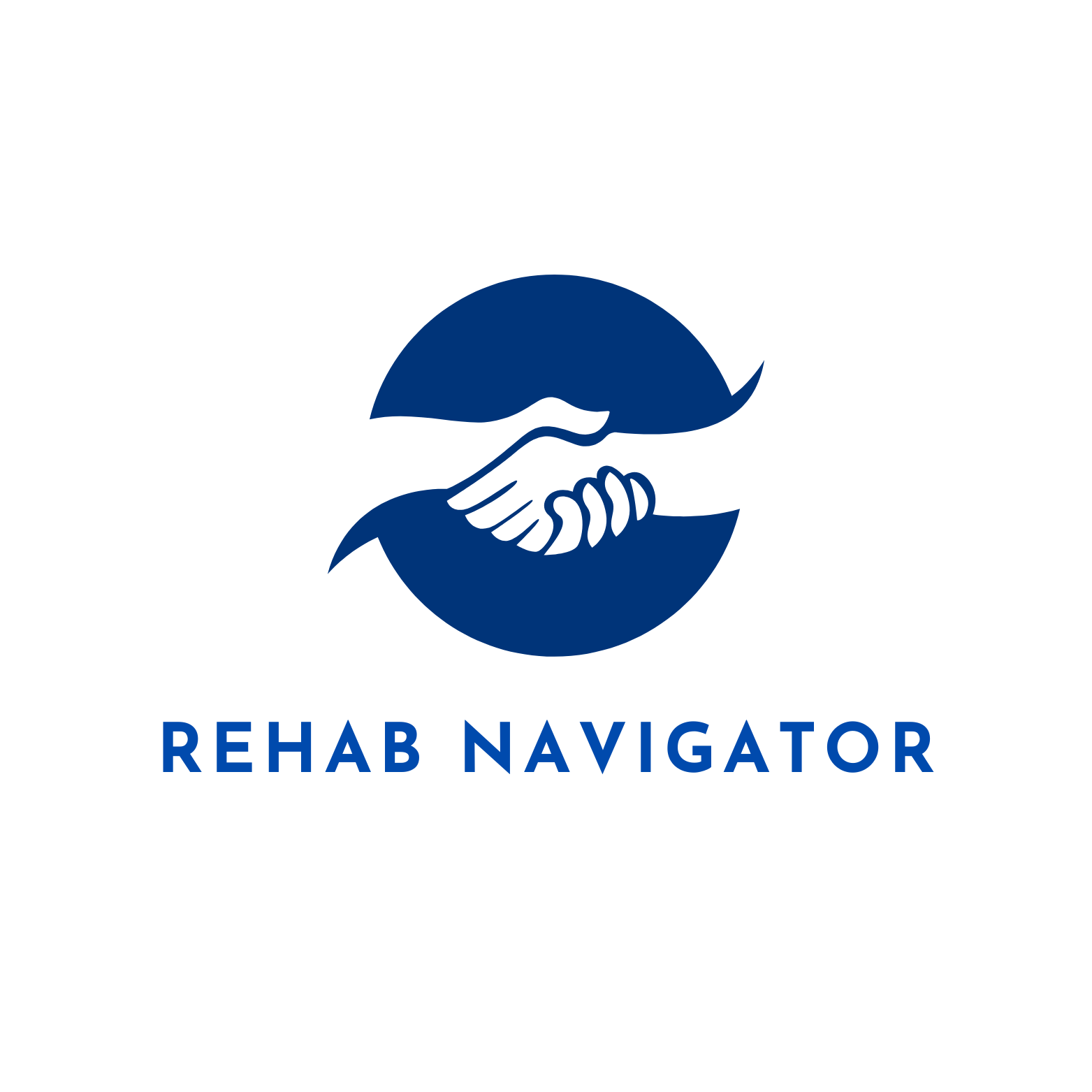How To Deal With My Husband’s Addiction
- Yasmin Maghsoudloo
- Apr 6
- 3 min read

How to Deal with My Husband’s Addiction: A Guide for Spouses
Dealing with a loved one’s addiction, especially your husband’s, can be an overwhelming and emotionally draining experience. Addiction affects not only the person struggling with it but also their family and loved ones. It’s a journey filled with challenges, but with the right knowledge and strategies, you can navigate this difficult time with strength, compassion, and hope.
In this blog, we’ll discuss practical steps and insights to help you support your husband while taking care of yourself during this process.
1. Educate Yourself About Addiction
Understanding addiction is the first step toward addressing it. Addiction is a complex disease that affects the brain’s reward, motivation, and memory systems. It’s not simply a matter of willpower or choice; it often stems from underlying issues like trauma, mental health disorders, or genetic predispositions.
Resources to explore: Books, podcasts, or reputable websites like the National Institute on Drug Abuse (NIDA).
Consider professional advice: Speak with addiction counselors to better understand what your husband is going through.
2. Approach the Situation with Compassion
Confronting your husband about his addiction can be difficult, and emotions can run high. Remember to approach him with empathy, not blame. Accusations and anger may only push him away.
Focus on “I” statements: For example, say, “I’m worried about your health” instead of “You’re ruining everything.”
Be patient: Change takes time, and your husband may be in denial initially.
3. Set Boundaries to Protect Yourself
While supporting your husband, it’s crucial to maintain your own well-being. Setting clear boundaries is not about punishing him—it’s about protecting yourself from harm and maintaining a healthy environment.
Examples of boundaries:
No enabling behavior (e.g., giving money for substances).
No tolerating verbal or physical abuse.
Encouraging him to take responsibility for his actions.
4. Seek Professional Help Together
Encourage your husband to seek treatment, whether through therapy, a rehabilitation program, or support groups like Alcoholics Anonymous (AA) or Narcotics Anonymous (NA). However, remember that you can’t force someone to change—they have to be willing.
Family counseling: Therapy can help both of you address the underlying issues contributing to his addiction.
Individual therapy for you: Speaking with a counselor can provide you with emotional tools and strategies to cope.
5. Join a Support Group for Spouses
You’re not alone in this journey. Connecting with others who have faced similar challenges can be incredibly validating and helpful.
Al-Anon or Nar-Anon: These groups are specifically designed for families of people struggling with addiction.
Online forums and communities: Many spouses find comfort and advice in virtual support groups.
6. Prioritize Self-Care
Supporting a loved one with addiction can be emotionally taxing. It’s essential to prioritize your own mental and physical health.
Take breaks: It’s okay to step back and recharge when needed.
Engage in hobbies: Doing things you enjoy can help you feel grounded.
Practice mindfulness or meditation: Techniques like deep breathing can reduce stress.
7. Prepare for Relapses
Relapses are a common part of recovery. If your husband stumbles, it doesn’t mean all progress is lost. Treat it as an opportunity to reassess and strengthen his treatment plan.
Stay calm: Avoid judgment or anger during a relapse.
Encourage him to get back on track: Reiterate your support and remind him of his goals.
8. Recognize When to Step Away
Sometimes, despite your best efforts, your husband may refuse help or continue harmful behaviors. It’s okay to acknowledge when the relationship is no longer healthy or safe for you.
Know the signs: Physical abuse, severe neglect, or chronic enabling are red flags.
Seek legal advice: If separation becomes necessary, consult with a professional to protect your rights and well-being.
Final Thoughts
Dealing with your husband’s addiction is a challenging journey, but it’s important to remember that you are not responsible for his choices. You can support him, but the decision to seek help and change ultimately lies with him.
Take care of yourself, lean on your support network, and don’t hesitate to seek professional guidance. By staying informed and compassionate, you can navigate this difficult time with resilience and hope.
If you or your husband are in immediate danger, don’t hesitate to contact local emergency services. Help is available.




Comments